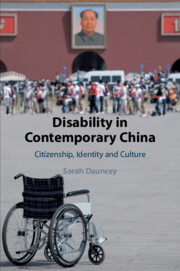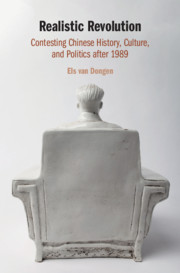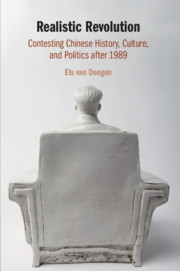Disability in Contemporary China
Sarah Dauncey offers the first comprehensive exploration of disability and citizenship in Chinese society and culture from 1949 to the present. Through the analysis of a wide variety of Chinese sources, from film and documentary to literature and life writing, media and state documents, she sheds important new light on the ways in which disability and disabled identities have been represented and negotiated over this time. She exposes the standards against which disabled people have been held as the Chinese state has grappled with expectations of what makes the 'ideal' Chinese citizen. From this, she proposes an exciting new theoretical framework for understanding disabled citizenship in different societies – 'para-citizenship'. A far more dynamic relationship of identity and belonging than previously imagined, her new reading synthesises the often troubling contradictions of citizenship for disabled people – the perils of bodily and mental difference and the potential for personal and group empowerment.
- Analyses a wide variety of Chinese cultural genres
- Offers a dynamic and objective framework for understanding disability and citizenship in different societies
- Reveals perspectives dependent upon closeness to the disability experience and highlights the gendered nature of disability
Reviews & endorsements
'Sarah Dauncey's brilliant book breaks entirely new ground in the study of disability in contemporary China. Via a series of finely-grained, closely-argued case studies, Dauncey explores the representation of disability across multiple media forms, and essentially creates a new scholarly field as she makes compelling arguments about citizenship and the articulation of identity amongst disabled people in China.' Margaret Hillenbrand, University of Oxford
'Disability in Contemporary China is a foundational study of the cultural representation of disability in Chinese literature and film. Through close readings of texts from the Mao era to the present, firmly grounded in both social theory and disability activism, Dauncey sets a significant marker of excellence for an emerging field.' Michel Hockx, University of Notre Dame
'This is a timely and hugely significant work. Dauncey's wide-ranging and sophisticated analysis of the place of disability in Chinese culture does much to move the field of critical disability studies beyond its familiar 'Global North' focus and provides a significant contribution to our understanding of the cultural, ideological and historical construction of the 'para-citizen' in Chinese society. Essential reading for anyone seeking to understand the place of non-normative identity in China today.' Hannah Thompson, Royal Holloway, University of London
Product details
October 2022Paperback
9781107544369
245 pages
229 × 152 × 13 mm
0.362kg
4 b/w illus.
Available
Table of Contents
- Preface
- List of abbreviations
- Introduction. Understanding disability and citizenship in China
- 1. Where did all the disabled people go? Cultural invisibility before 1976
- 2. Backstage to centre stage: new heroes in the age of reform
- 3. Entertainment or education? Disability and the cinematic imagination
- 4. A narrative prosthesis? Disability and the literary imagination
- 5. Blind, but not in the dark: realism sheds new light on visual impairment
- 6. Private lives for public consumption: writing our disabled life stories
- conclusion: the perils and possibilities of para-citizenship
- References
- Index.









